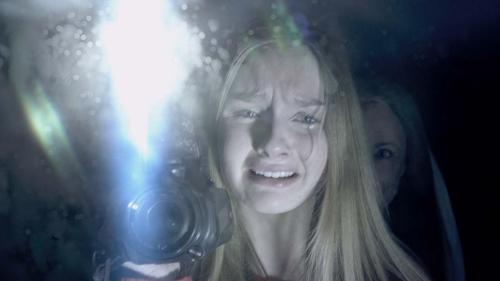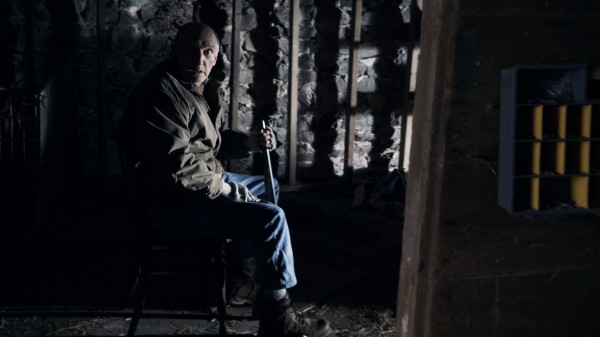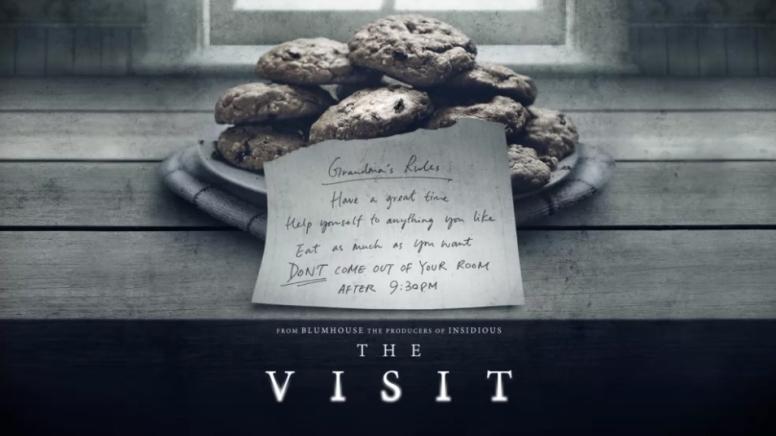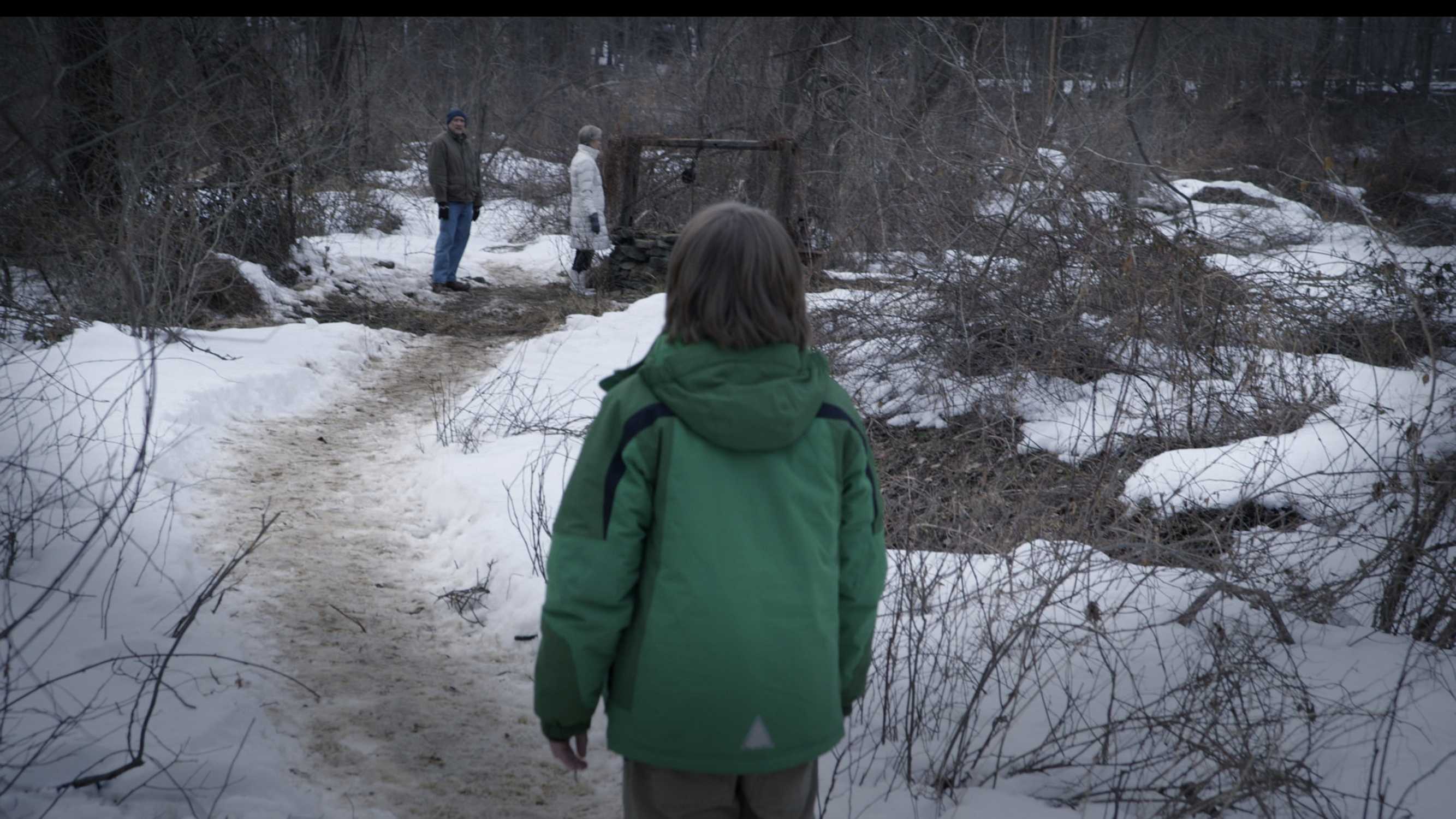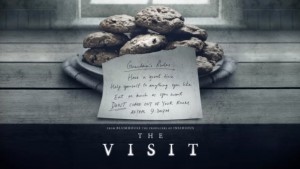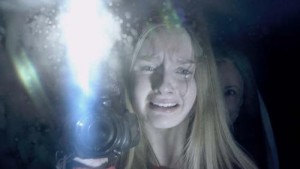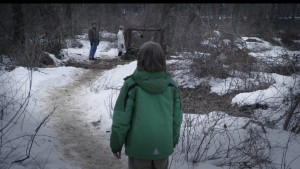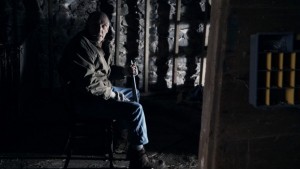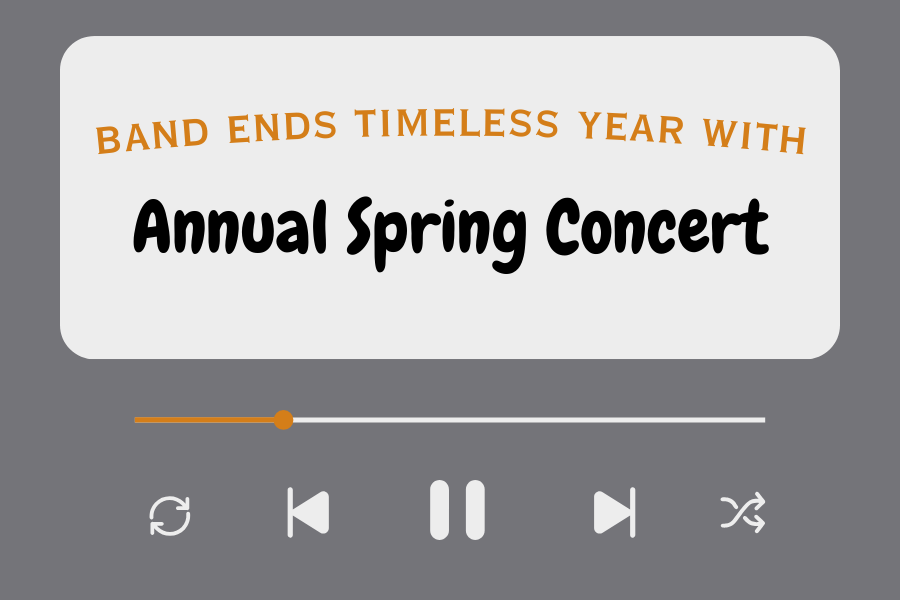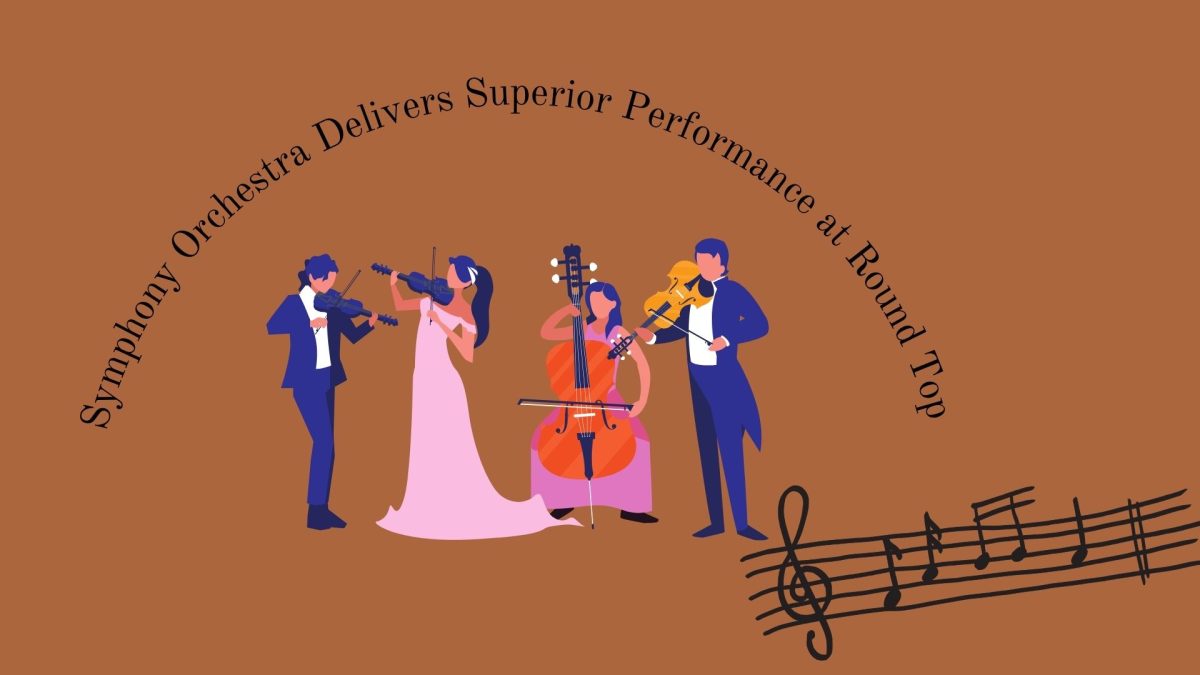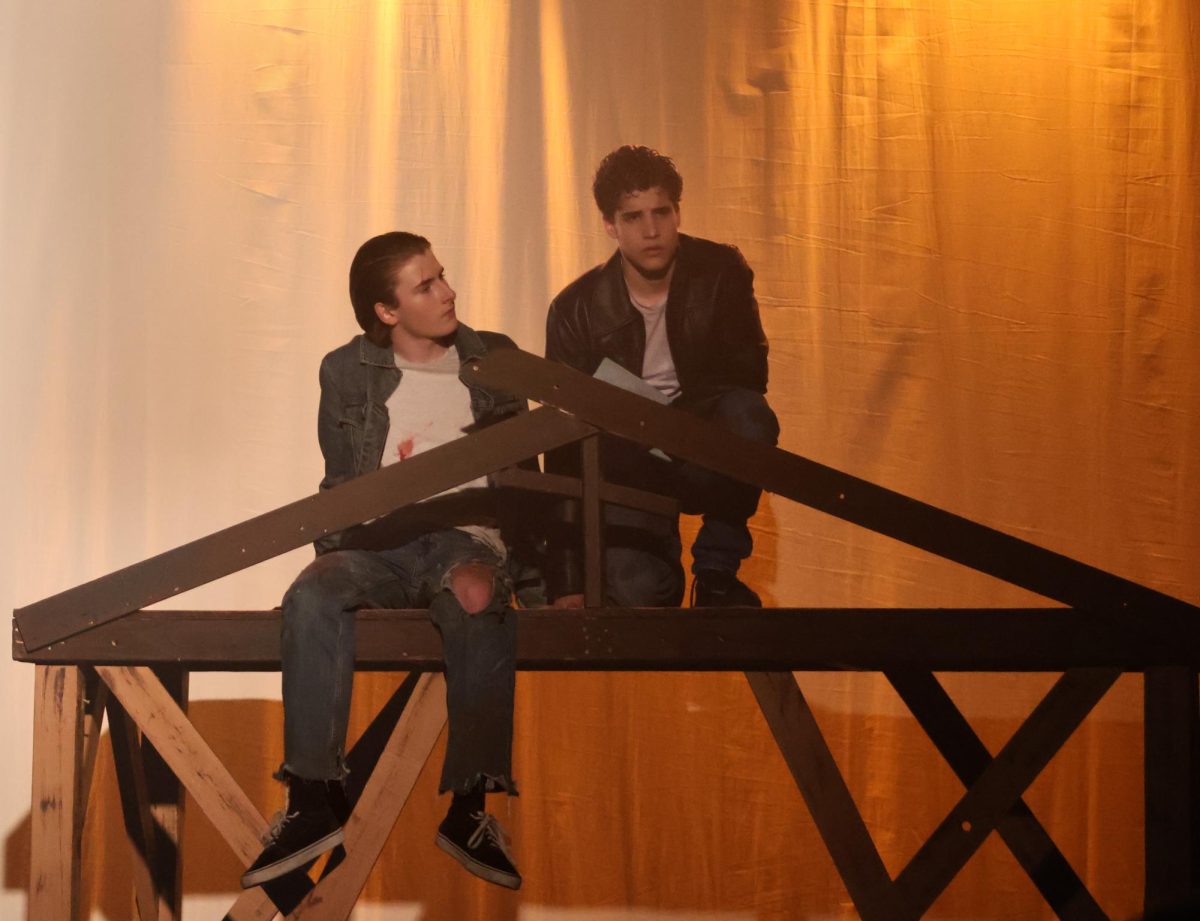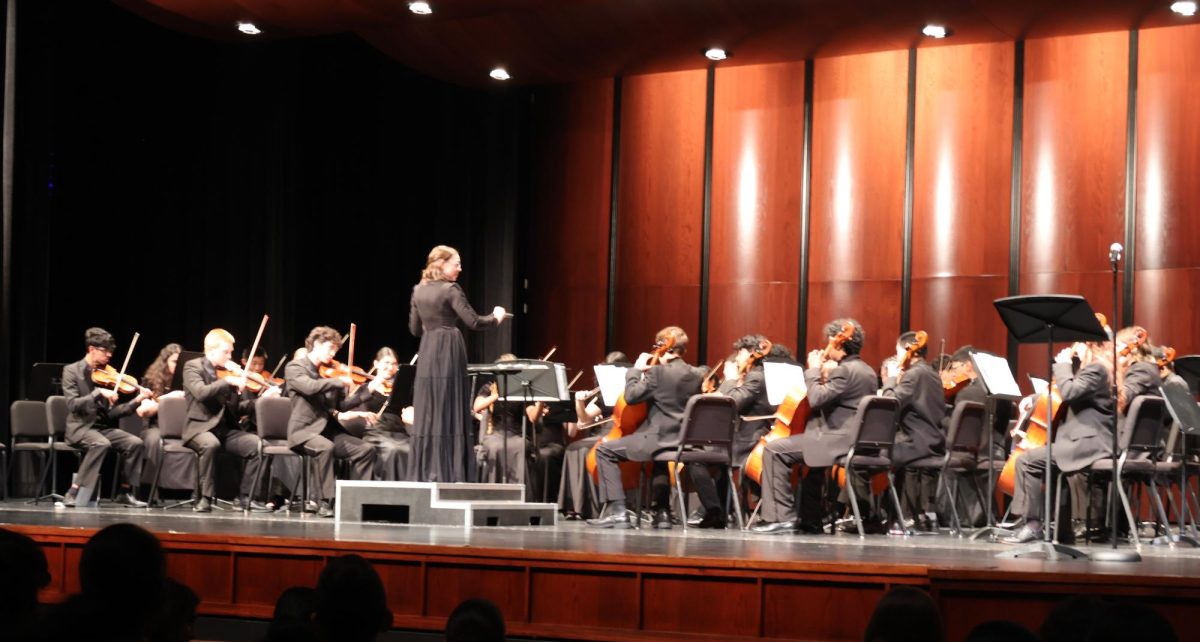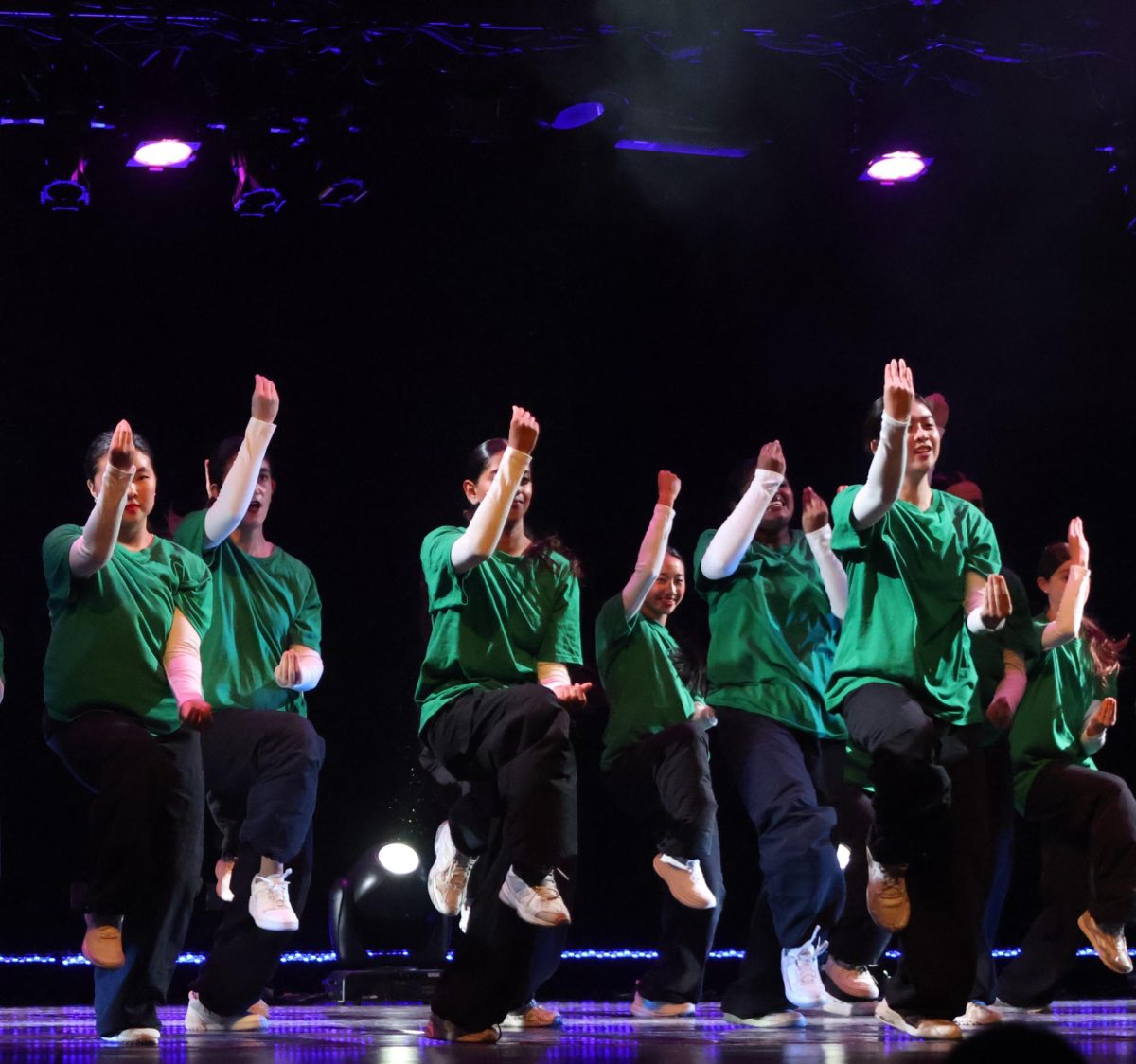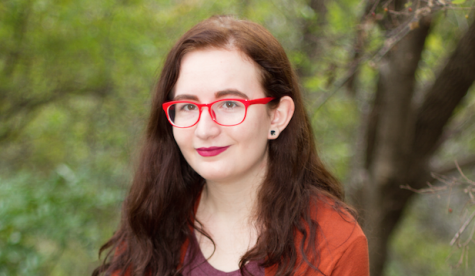Horror fans today can agree that there are some unique films coming out this season. Crimson Peak, Krampus, and The Poltergeist remake are creating a buzz in the horror genre, but perhaps the most surprising horror film at the moment is M. Night Shyamalan’s The Visit. While many people have seen his horror hits The Sixth Sense and Signs, the director is more well-known for the disastrous The Last Airbender live action movie. Since then, Shyamalan’s repertoire of films have received dismal reviews. The Visit marks his return to horror after his film Devil in 2010. While his most recent film After Earth, starring Will and Jaden Smith, flopped at the box office, The Visit has earned moderate reviews by critics and premieres on Sept. 11.
I’m not going to lie: upon seeing the trailer, I thought The Visit was going to be a modern retelling of Hansel & Gretel, and was actually extremely excited to see it. And even though I did get a little freaked out over some of the jump scares, the things that scared me the most were the attempts to market the film to teens and the miscommunication of the subplot.
The Visit, which is shot in the documentary style that The Blair Witch Project popularized, tells the story of two teen siblings who are documenting their first visit with their grandparents. As with all horror films, strange things begin to happen; their “Nana” is seen sprinting and crawling through the house after the teens’ strict bedtime of 9:30 p.m., and their “Pop-Pop” believes he’s being followed and goes out to a secluded shed every day. When confronted about these odd behaviors, their grandparents attribute them to mental conditions of the elderly. There’s more than meets the eye in this case, however, and the siblings find themselves trapped in an unfamiliar setting with two bizarre strangers.
Shyamalan attempts to make the film relatable to teenagers, although this effort, ultimately, is failed. Slang such as “YOLO” and “swerve” pepper younger sibling Tyler’s vocabulary, as well as the raps he creates in his spare time. Older sibling Becca is portrayed as the intelligent, uptight, and analytical opposite to her brother’s character. A plethora of pop culture references were made by the children, with Tyler comparing himself to famed rapper Tyler, the Creator, and replacing curses with the names of female pop singers such as Carrie Underwood and Katy Perry in his grandparents’ presence. Even though quite a few of these moments roused a laugh or two from the audience, the jokes didn’t balance well with the horror. The movie had no style or substance; instead, it was composed of one-liners and jump scares. It’s worth mentioning that the audience I was with laughed at the majority of the jump scares, and not in spite of themselves.
These aforementioned, unnecessary comedic bits and attempts to frighten the audience overshadowed a subplot that could’ve added more to the film. The audience learns that Becca and Tyler’s father left their family to join a woman in Palo Alto, and as a result, the children are suffering some psychological side-effects. It’s known from the beginning of the movie that Tyler struggles with the idea of germs, and at one point he furiously scrubs at his hands because there aren’t any tissues for him to open doors with. When strong-willed, guarded Becca is asked why she never looks in the mirror by her brother – she looks down when she’s brushing her teeth and turns her back when she’s brushing her hair – her tough exterior cracks for the slightest second, and then the moment is gone. If Shyamalan had delved deeper into these issues to create a more complete message for the film, then The Visit would have been a very different movie. The theme that Shyamalan attempted to create – forgiveness of family, not only with Becca and Taylor with their absent father, but with mother Loretta and her parents – was buried under the buildup of weird incidents of the grandparents’ doing, the annoying raps that Tyler created, and the whole documentary process.
The things that I love the most about horror films are the overarching/universal messages that all memorable, highly acclaimed horror movies seem to have. The Babadook wasn’t just a monster from a book terrorizing a mother and son; it was about the overwhelming internalized grief a mother faced after her husband’s death and the blame she rested on her son. Housebound featured a creepy neighbor, a gruesome murder, and seemingly possessed robotic toys, but it was also about a daughter’s troubled past and the struggle to mend her relationship with her mother. Even Nightmare on Elm Street and its following films aren’t just about a monstrous looking, knife-clawed villain and his victims; these films tap on how unknown dreams and dream science are to us. It’s a fear of the uncontrollable and unknown that resonates with us more than pop culture references and one-liners that only a handful of the audience members will get. Shyamalan seemed to understand this with The Sixth Sense (re: failure and love), but missed the mark with The Visit. Even though The Visit is probably the best film Shyamalan has created in years, I’m sad to say that it won’t ever live up to his first few movies.

